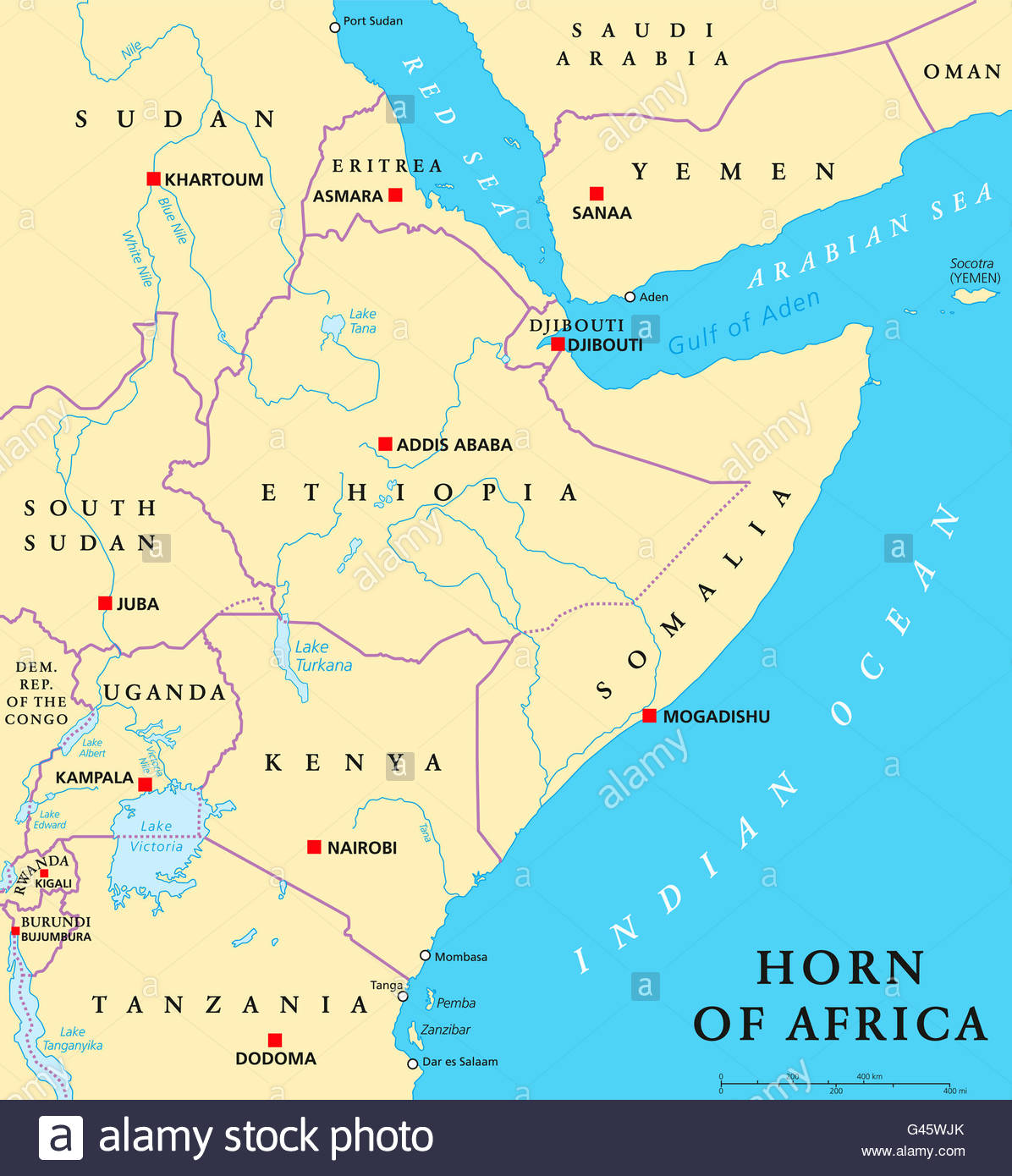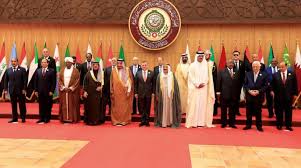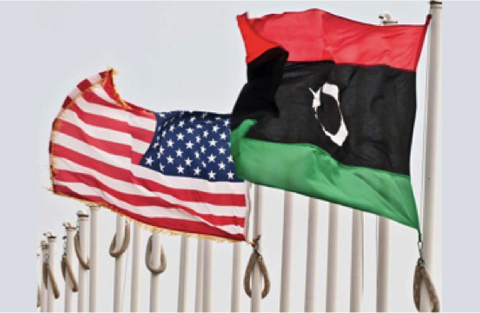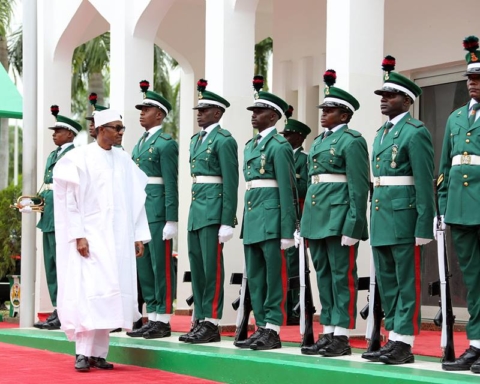Usually, when people talk about Saudi Arabia and its hegemonic policies, we tend to relate to the well-known rivalry between the monarchy and Iran, two capillary actors in the Middle East, who compete for the leadership in the region.
Recently, Riyadh has shown a deeper interest in other areas, such as the Red Sea and the Horn of Africa. The strategic importance of these areas is widely recognised: around 13% of the world’s global trade flows across the Red Sea, which is connected to the south to the Strait of Bab al-Mandeb, an 18-mile chokepoint that handles around 4.8 million barrels a day of crude oil and refined petroleum products directed to Europe, USA and Asia. To the north, there is the Suez Canal, which connects the Red Sea to the Mediterranean Sea and allows 4 million barrels of oil and refined products to flow on a daily base.
Moreover, the Horn of Africa is rich in natural and human resources: hydropower and hydrocarbons have the same importance today as coal and steel in the industrialised Europe of the 1930s. The highlands of Ethiopia have a hydropower basin able to provide electricity to the entire region; oil and gas are also abundantly present in every country. However, infrastructure and investment are lacking, partly because of the instability and insecurity that dominate the region. Indeed, deep internal fractures and political instability plague several countries (including Somalia, Eritrea and Sudan), jihadist terrorism finds fertile ground for its expansion, Somali piracy threatens trade and security of the entire area and the war in Yemen worsens this already volatile scenario.
In recent years, the Saudi monarchy, together with the United Arab Emirates (UAE), has undertaken several projects in the area, to encourage regional cooperation and increase security conditions. If this general aim is true, it is also true that Riyadh has its own interest in intervening in this area. Recent events have, in fact, led King Salman to undertake new strategic paths. In the last period, we have seen Iran strengthening its position at the regional and global levels. Moreover, the killing of the journalist Khashoggi, the open criticisms of the US (with the exception of President Trump) and the accusations of the CIA against the Saudi sovereign have thrown a veil of uncertainty over the historic alliance between the US and Saudi Arabia.
Not to forget the latest decisions in Washington’s foreign policy, such as the withdrawal from the JCPOA (Joint Comprehensive Plan of Action) or the imminent withdrawal of troops from Syria that have floored its allies, especially in the region. Hence, if in past Saudi Arabia – and the other Middle Eastern countries – could count on the presence of the US Navy 5th Fleet in the Red Sea, today this guarantee would no longer be so granted.
These considerations and the desire to extend its influence in other territories, have pushed Saudi Arabia towards the Horn of Africa and the Red Sea, aiming to develop its own security doctrine. This new doctrine would include collaboration with different partners, such as the UAE and other nations of the MENA region.
Thus, Red Wave 1 took place, a series of military exercises carried out in the Red Sea, attended by numerous countries including Jordan, Egypt, Somalia, Djibouti, Yemen and Sudan, as well as Saudi Arabia. Thanks to the military assets provided by these nations, the exercise involved various naval units, as well as Typhoon-type fighter jets and units used for shooting air and naval targets.
The main objective of this project is certainly to improve the security of an artery of international trade, but also to strengthen the naval defence of neighbouring countries, protect regional waters, promote military cooperation and the exchange of expertise and know-how among the participants. In addition, among the active projects along the Red Sea coast, there is a commercial area of $ 500 billion shared with Jordan and Egypt and the construction of luxury resorts, future tourist destinations.
Citing the Saudi Foreign Minister Adel Al-Jubeir “This is part of the Kingdom’s effort to protect its interests and those of its neighbours and … to establish the region that we live in and to try to create synergies between the various countries “. Furthermore, if cooperation between the countries of the region increases, the interference and negative influence by external actors may decrease.
In conclusion, from a Saudi perspective, interest in Africa has a triple rationale: to lay the foundations of a new national security strategy; to project its power and influence into vital strategic territories, thus increasing national prestige and its image as a leading player in the region; to limit the interference of third parties, especially Western players. Saudi Arabia will then act as an alternative to the big powers that usually dominate the world scene, gaining a leading position also at the international level.
Paola Fratantoni










